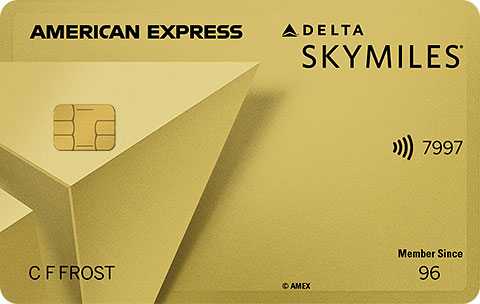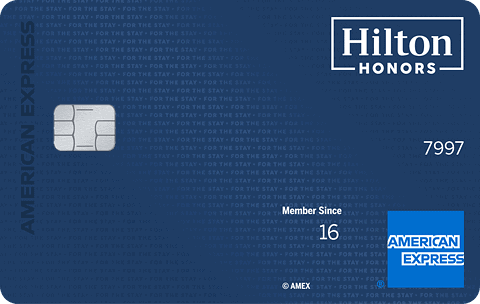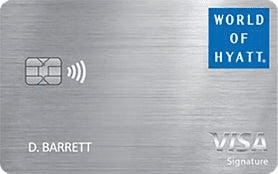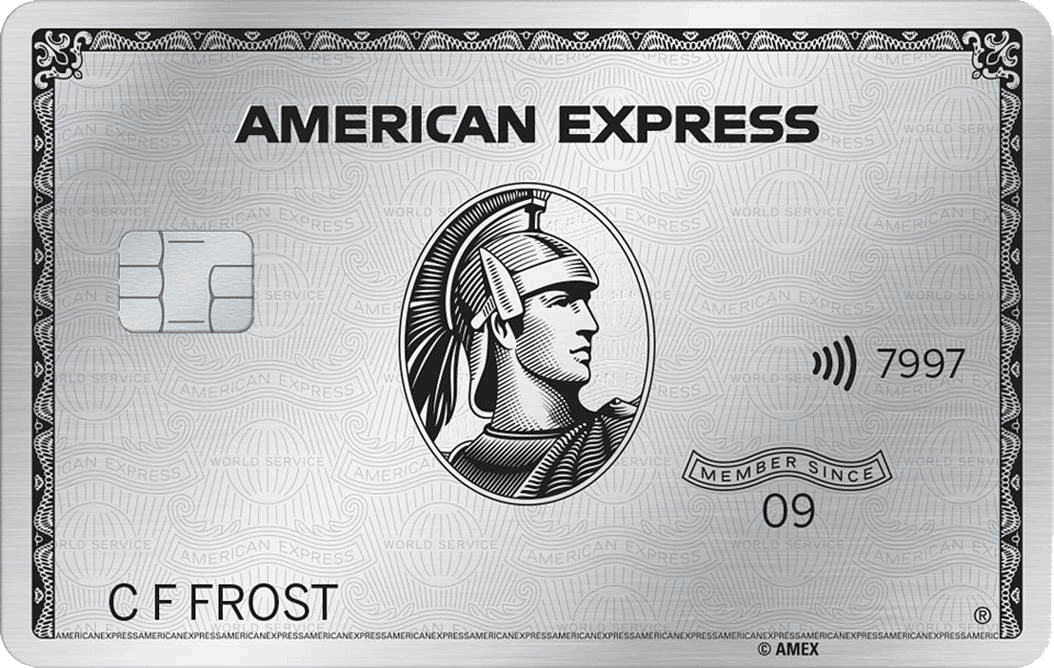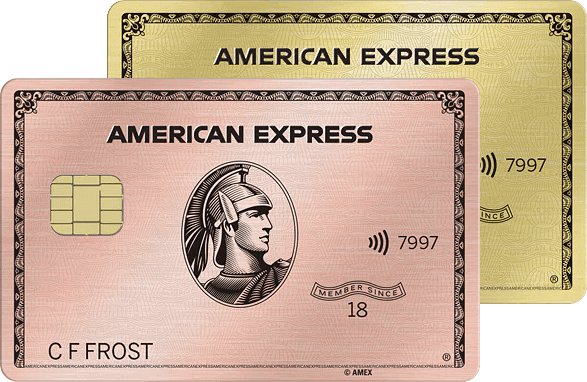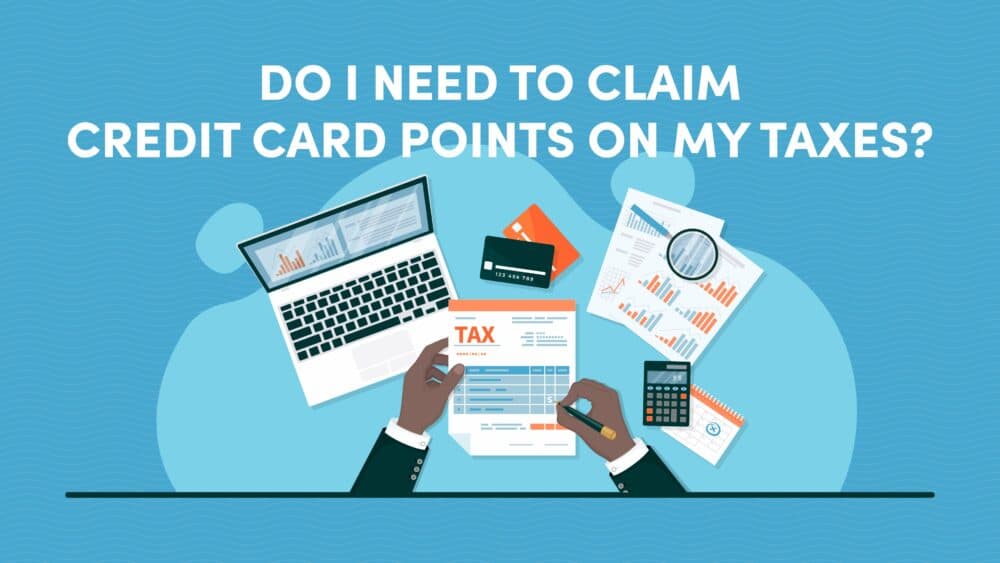
10xTravel is part of an affiliate sales network and receives compensation for sending traffic to partner sites, such as CreditCards.com. This compensation may impact how and where links appear on this site. This site does not include all financial companies or all available financial offers. Terms apply to American Express benefits and offers. Enrollment may be required for select American Express benefits and offers. Visit americanexpress.com to learn more.
Note: Some of the offers mentioned below may have changed or may no longer be available. The content on this page is accurate as of the posting date; however, some of our partner offers may have expired. You can view current offers here.
Closing a credit card can carry the fatal consequences of forfeiting points worth thousands of dollars. That is why it’s important to understand how closing a credit card can impact your points.
Sadly, there have been reports of credit card cancellations by people who were either naive about how their actions would affect their point balance or believed that their hard-earned points would remain intact even after credit card cancellation, which is completely untrue.
Let’s say you win a lottery but forget to redeem your winning ticket before the expiration date. While you may still be the winner, the ticket value is gone and cannot be redeemed. Like the lottery ticket, closing a credit card without redeeming it or transferring it to another account is like forgetting to cash out your winning ticket.
So, before pulling the trigger on that credit card account, think about the consequences. Even better, self-assess by considering these two questions.
- Who owns your points?
- Will you lose points if you go on with the closing plan?
If you’re curious to know what happens to your points after closing a credit card account, read on to learn the outcome and how to use your bank points so you don’t lose them.
Who Owns Your Points
Generally, we can divide point ownership into two categories:
- Cards owned by airlines and hotels
- Cards owned by banks
Airline and hotel credit cards
Airline credit cards allow cardholders to earn points with a specific airline frequent flyer program. The points earned go directly to your frequent flyer program account of that airline. And once the credit card issuer transfers these points to the frequent flyer account, they can’t claw them back. So the answer to whether you will lose your points if you close an airline credit card is no, you will not lose your points.
Generally, most airline credit cards offer other perks besides earning points, such as flight upgrades, priority boarding, etc. It’s easy to spot these cards since they often have the name of an airline or airline rewards program in them.
Here are a few examples of airline credit cards:
- Southwest Rapid Rewards® Premier Credit Card
- Citi® / AAdvantage® Executive World Elite Mastercard®
- Delta SkyMiles® Gold American Express Card (Rates & Fees)
- Hawaiian Airlines World Elite MasterCard
The information for the Southwest Rapid Rewards Premier Credit Card has been collected independently by 10XTravel.com. The card details on this page have not been reviewed or provided by the card issuer.

Southwest Rapid Rewards® Premier Credit Card
Earn 50,000
Bonus Points
after spending $1,000 on purchases in the first 3 months from account opening.
Annual Fee: $99
Citi® / AAdvantage® Executive World Elite Mastercard®
70,000
AAdvantage® bonus miles
after spending $7,000 in purchases within the first 3 months of account opening.
Annual Fee: $595
Delta SkyMiles® Gold American Express Card
40,000
Bonus Miles
after you spend $2,000 in purchases on your new Card in your first 6 months.
Annual Fee:
$0 introductory annual fee for your first year, then $150.
Terms Apply. | Rates & Fees.
Much like airline credit cards, hotel cards allow cardholders to earn points for every dollar spent. Similarly, hotels have their version of a loyalty program; the same concept applies again. Once the card issuer transfers these points to the loyalty program account, they can’t take them back. This means you will not lose points after closing a hotel credit card.
Here are a few examples of hotel credit cards:
Hilton Honors American Express Surpass® Card
155,000
Hilton Honors Bonus Points
after you spend $3,000 in purchases on the Hilton Honors American Express Surpass® Card in your first 6 months of Card Membership.
Annual Fee: $150 Terms Apply. | Rates & Fees.
Marriott Bonvoy Boundless® Credit Card
Earn 3 Free Night Awards
(each night valued up to 50,000 points)
after you spend $3,000 on purchases in your first 3 months from your account opening
Annual Fee: $95
The World of Hyatt Credit Card
Earn 30,000
Bonus Points
after you spend $3,000 on purchases in your first 3 months from account opening. Plus, up to 30,000 More Bonus Points by earning 2 Bonus Points total per $1 spent in the first 6 months from account opening on purchases that normally earn 1 Bonus Point, on up to $15,000 spent.
Annual Fee: $95
To ensure the transfer has been completed, log into your frequent flyer account or hotel loyalty program account and check if the points are successfully transferred or reflected in your balance. Once you confirm, nothing will happen to them, even if you close the credit card.
Bank credit cards: Be careful with bank cards
Bank credit cards are the ones that you should be mindful of since the risk of losing points is high if you close them. A common question is how one can tell whether the bank owns the card and not the airline or hotel.
The easiest way to tell the difference is to check whether the credit contains the name of the hotel or airline. If the card only has the bank’s name without any of the two, the credit card issuing bank owns points earned.
That being said, if you close a credit card owned by the bank, you’ll lose them, which implies you forfeit them. However, there are workarounds to avoid losing your points even if the issuing bank owns the card (we’ll discuss this later in the article).
Here are some examples of bank points-earning credit cards:
Capital One Venture Rewards Credit Card
75,000
Miles
after you spend $4,000 on purchases within 3 months from account opening.
Annual Fee: $95
60,000
Citi ThankYou Points
after making $4,000 in purchases with your card within the first 3 months of account opening. Plus, for a limited time, earn a total of 10 ThankYou® Points per $1 spent on hotel, car rentals, and attractions (excluding air travel) booked on the Citi Travel℠ portal through June 30, 2024.
Annual Fee: $95
Chase Sapphire Preferred® Card
60,000
bonus points
after you spend $4,000 on purchases in the first 3 months of account opening.
Annual Fee: $95
The Platinum Card® from American Express
80,000
Membership Rewards® Points
after you spend $8,000 on purchases in your first 6 months of Card Membership.
Annual Fee: $695 Terms Apply. | Rates & Fees.
Common Ways to Lose Points and Miles
Apart from closing a credit card (a personal initiative), there are several other ways to lose points and miles, including missing a credit card payment, breaking the rules of the rewards program and credit card inactivity.
Let’s discuss each in detail to establish how they result in losing your hard-earned points and miles.
Missing a credit card payment
A cardinal rule of using credit cards is that you should never miss a payment. However, failing to make a card payment on time results in late fee penalties and interest hikes. Sadly, most people attribute late card payments to forgetfulness and an ever-rising personal budget.
However, there are always some workarounds to avoid these penalties. First, if you often worry about forgetting to pay your credit card bills when they are due, here’s what to do. Set up an automatic payment transfer for the minimum payment for any credit card balance you owe.
Second, if you don’t have enough money to make card payments, consider calling the credit card issuer and requesting more time. Doing this will give you more time to settle the balance you owe instead of missing a payment without prior notice to the card issuer.
Breaking the rules of the rewards program
You may lose your points and miles if the card issuer suspects you violated rewards program rules, such as signing up for new credit cards to get the welcome bonuses and then closing them (this activity is called churning points).
Apart from churning points, you can lose points for committing fraud or any other activity that breaches the rules stipulated by the card issuer. Thus, always check with your card issuer to establish what they consider a breach of their regulations.
Credit card inactivity
Credit card issuers reserve the right to close your credit card account, according to the Consumer Financial Protection Bureau, though typically, card issuers will notify you before closing it. Logically, one of the ways credit card issuers make money is through interest charged on the balance your card carries. So, you must purchase for them to deem your card worthy of keeping.
But some may ask, “When do credit card companies close an account for inactivity?” On average, credit card companies will close your card after a year or more of inactivity. However, some credit card companies will send you a notice of closure after a few months of inactivity.
To counter this credit card cancellation on the grounds of inactivity, set up an automatic bill such as a Netflix monthly subscription. This is enough to keep your card active and eliminate the possibility of closure.
If you’re reading this post after your card got canceled due to inactivity and wondering whether you can reopen it, the answer depends on the credit card issuer and how long ago your account was closed. However, credit card companies are not obligated to reopen your account–so call the card issuer and plead your case.

Ways to Use Your Bank Points So You Don’t Lose Them
As we’ve mentioned, closing a credit card can risk losing points. But how can you evade this risk? Let’s discuss some of the best ways to redeem your points before you close the card. The points you never use and let go to waste represent a lost chance to see the beautiful blue waters of Bali, Indonesia.
So, if you’re in danger of losing points, consider using these tips as your baseline for how to proceed.
Open a new card or product change to a different card
Most people don’t realize they can retain their points if they have any other card within the same bank family earning its point currency. If you hold a credit card with a higher annual fee, consider changing to a card with a lower or no annual fee to keep the points intact instead of closing the card.
For instance, if you have a Chase Sapphire Reserve® or The Platinum Card® from American Express (see rates & fees) and want to close it due to the high annual fee, consider product changing to a card with a lower or no annual fee so that you’re still able to retain your Chase Ultimate Rewards points and American Express Membership Rewards points respectively.
60,000
Chase Ultimate Rewards® Points
after you spend $4,000 in 3 months
Annual Fee: $550
The Platinum Card® from American Express
80,000
Membership Rewards® Points
after you spend $8,000 on purchases in your first 6 months of Card Membership.
Annual Fee: $695 Terms Apply. | Rates & Fees.
Transfer the points to another bank rewards card of you or a family member
An excellent way to save your points is to transfer to another account you have control over–it could be yours, your wife’s, dad’s, etc. This way, you’re not committing your points to any particular airline, so you can hold them until you’re ready to use them.
Fortunately, most bank rewards programs allow you to transfer these points to other people’s accounts, notably Chase Ultimate Rewards points, Citi ThankYou Points, U.S. Bank FlexPerks points and Capital One Venture Rewards.
Use points to pay for upcoming travel
Using points to book for upcoming travel is obviously a wiser choice than letting it go to waste. Conventionally, you can redeem these points towards hotel stays or the cost of cash flights at various rates. However, exchange rates can vary from a low of 1 cent per point to a high of 2 cents per point, though occasionally there are exceptions in both directions.
Although redeeming points this way (measured by cents per point) might not give you the best value, it’s still a better use of your points than letting it go for nothing. So, if you know you have a planned itinerary coming in the next half year or so, we recommend leveraging these points to book a flight or hotel stay–whatever it takes to get your points balance as close to zero as possible.
Transfer points speculatively to hotel or airline partners
Customarily, the partnership between banks’ rewards programs and major airlines’ and hotels’ rewards programs allows you to transfer these points and get value. That being said, you can speculatively transfer these points to the most valuable hotel or airline partner that a particular bank rewards credit card allows–though this comes with a downside.
For instance, if you transfer these points to Delta because it offers the best rate on a particular route, then your travel plans change, which means you could be stuck with insufficient SkyMiles for the trip.
Redeem for cash back or gift cards
For savvy travelers, redeeming points for cashback and gift cards might not offer the best value for your points. However, you may find yourself in a situation where redeeming your points for cash back, gift cards, or products makes sense.
In other words, when given the option to redeem points for cash back or gift cards instead of losing them for nothing, the former option is preferable. For example, the Citi Rewards+® Card will offer 1 cent per point when redeeming for gift cards and 0.5 cents per point when redeeming for cashback.
Generally speaking, 0.5 cents or 1 cent per point sounds so much less in value than when you redeem your points for travel offers–this usually offers the best bang for your buck. But again, it’s a better choice than losing points for nothing.
The Bottom Line
To wrap things up, remember who owns your points, which will technically tell you whether or not you’ll lose your points. As we’ve discussed above, you’ll not lose points in the case of hotels and airlines even if you close the credit card account, unlike a bank rewards credit card, which certainly means you’ll be losing points.
The painful part is that credit card issuers are not legally required to reopen your closed account even if you plead your case with them; if they reopen, it’ll be of their own volition.
New to the world of points and miles? The Chase Sapphire Preferred® Card is the best card to start with.
With a bonus of 60,000 bonus points after you spend $4,000 on purchases in the first 3 months of account opening. , 5x points on travel booked through the Chase Travel Portal and 3x points on restaurants, streaming services, and online groceries (excluding Target, Walmart, and wholesale clubs), this card truly cannot be beat for getting started!
after spending $1,000 on purchases in the first 3 months from account opening.
after $5,000 in purchases within the first 4 months of account opening.
after you spend $2,000 in purchases on your new Card in your first 6 months.
after you spend $1,500 in purchases with your card within 3 months of account opening; redeemable for $200 in gift cards at thankyou.com. Plus, as a special offer, earn a total of 5 Thank You® Points per $1 spent on hotel, car rentals and attractions booked on CitiTravel.com through December 31, 2025.
after you spend $3,000 in purchases on the Hilton Honors American Express Surpass® Card in your first 6 months of Card Membership.
after you spend $3,000 on purchases in your first 3 months from your account opening
after you spend $3,000 on purchases in your first 3 months from account opening. Plus, up to 30,000 More Bonus Points by earning 2 Bonus Points total per $1 spent in the first 6 months from account opening on purchases that normally earn 1 Bonus Point, on up to $15,000 spent.
Editors Note: Opinions expressed here are author’s alone, not those of any bank, credit card issuer, hotel, airline, or other entity. This content has not been reviewed, approved or otherwise endorsed by any of the entities included within the post.




